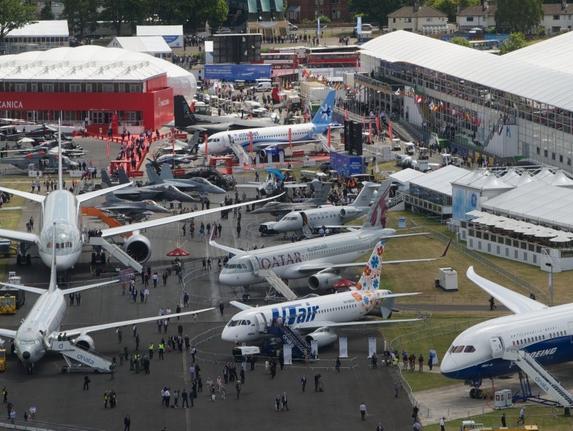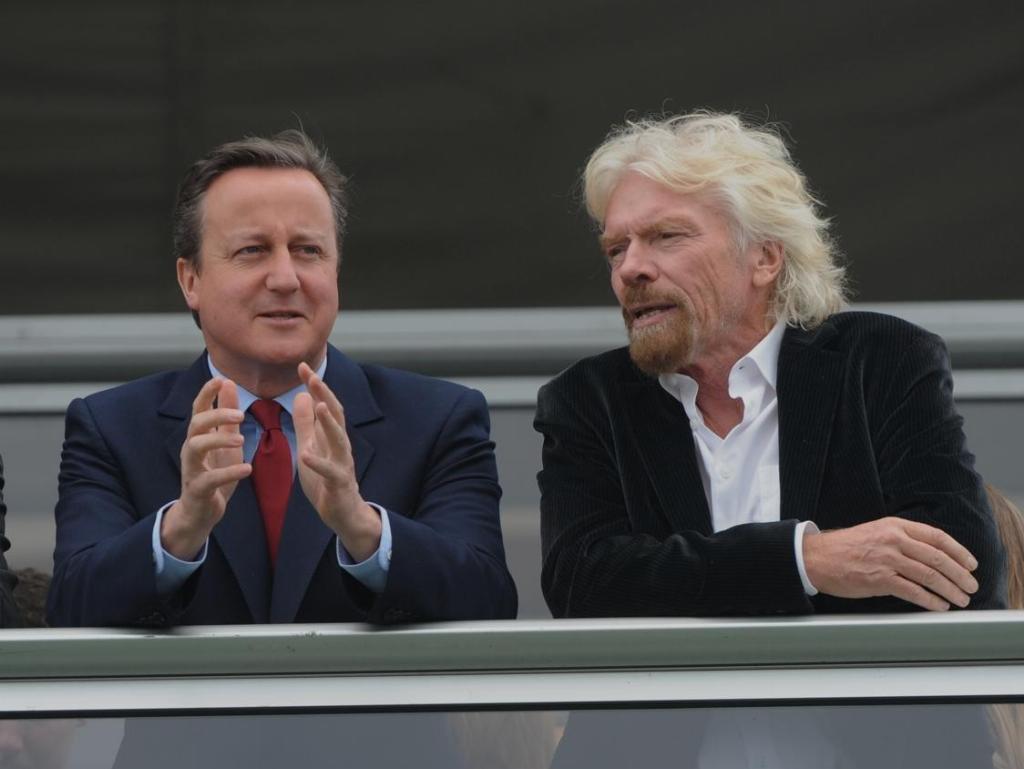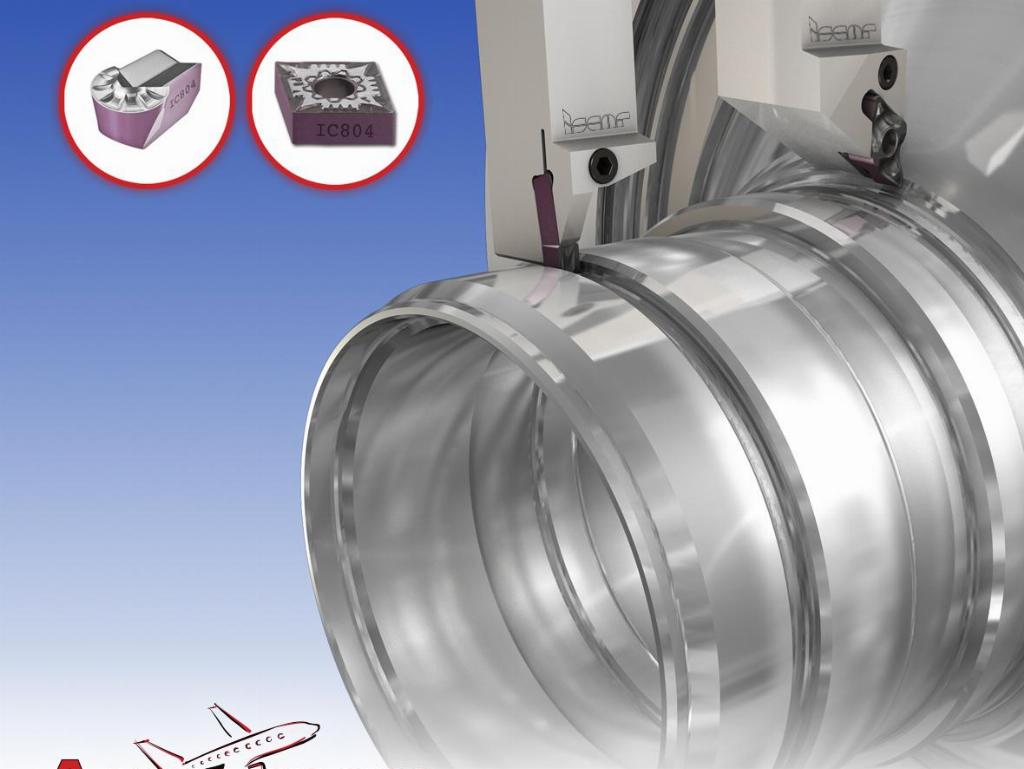£85bn to be invested in UK defence sector over four years

Defence secretary Ben Wallace has set out the future vision of the UK armed forces and defence investment in a new publication.
Called Defence in a competitive age, the armed forces will become a “threat-focused integrated force” with a shift in thinking across land, sea, air, space and cyber. The paper can be read in PDF format here.
The Ministry of Defence will spend over £85 billion on equipment over the next four years so the armed forces can "adapt, compete effectively, and fight decisively when needed." This will support 400,000 jobs across all four nations of the UK.
The British Army will receive significant investment to become “more agile, integrated, lethal and expeditionary”. The service will receive an additional £3-billion on new vehicles, long-range rocket systems, air defences, drones, electronic warfare and cyber capabilities.
£120 million will create new Ranger Regiments; four battalions will form the Regiment that will support Special Forces in collective deterrence activity. This will range from training to accompanying personnel on the ground. The army will also introduce a new Warfighting Experimentation Battlegroup that draws on elements from across the entire army designed to fight prototype warfare, focusing on hybrid and conventional threats.
The Royal Navy will develop a new multi role ocean surveillance ship to help protect vital underwater maritime infrastructure and protect from maritime threats, aiming to come into service by 2024.
The fleet of frigates and destroyers will grow through this decade with shipbuilding investment doubling over the life of this parliament rising to over £1.7 billion a year.
UK air capabilities will bolstered with an injection of over £2 billion in the Future Combat Air System which will deliver a pioneering mix of crewed, uncrewed and autonomous platforms including swarming drones and the ultra-modern Tempest fighter jet.
This Tempest programme has already created over 1,800 highly-skilled jobs in over 300 companies across the UK. The Typhoon fleet will be upgraded with a suite of new weapons and state-of-the-art radar.

Defence secretary Ben Wallace commented: "This Defence Command Paper ensures our armed forces are threat-focused, modernised and financially sustainable. Our military will be ready to confront future challenges, seize new opportunities for Global Britain and lay the foundations of a more secure and prosperous Union.
"We will continue to work with allied partners to address future global security threats whilst also enhancing critical outputs in the battlespace domains.
"Our people and their expertise are at the heart of what we do and further investments into training, welfare and support facilities will be reflective of this and ensure our armed forces are well equipped to face tomorrow’s threats today."
£6.6 billion will also be invested into R&D projects, helping to provide a strategic advantage that, facilitated with science, will lead to cutting-edge equipment capabilities. £60 million over the next four years to develop a programme to develop novel weapons, artificial intelligence, synthetic/digital systems and space-based capabilities. Further to this, £500 million will be invested in capabilities to enable our forces to respond in a growingly contested electromagnetic environment.
Space is fundamental to military operations, so the success of UK forces greatly relies on control of that domain. The government is investing £5 billion over the next decade in the Skynet 6 satellite communication programme. This will be complimented by £1.4 billion allocated to the new Space Command, National Space Operations Centre, Space Academy and a UK-built Intelligence, Surveillance and Reconnaissance satellite constellation. Space Command will officially launch in April.
MoD www.gov.uk/mod















